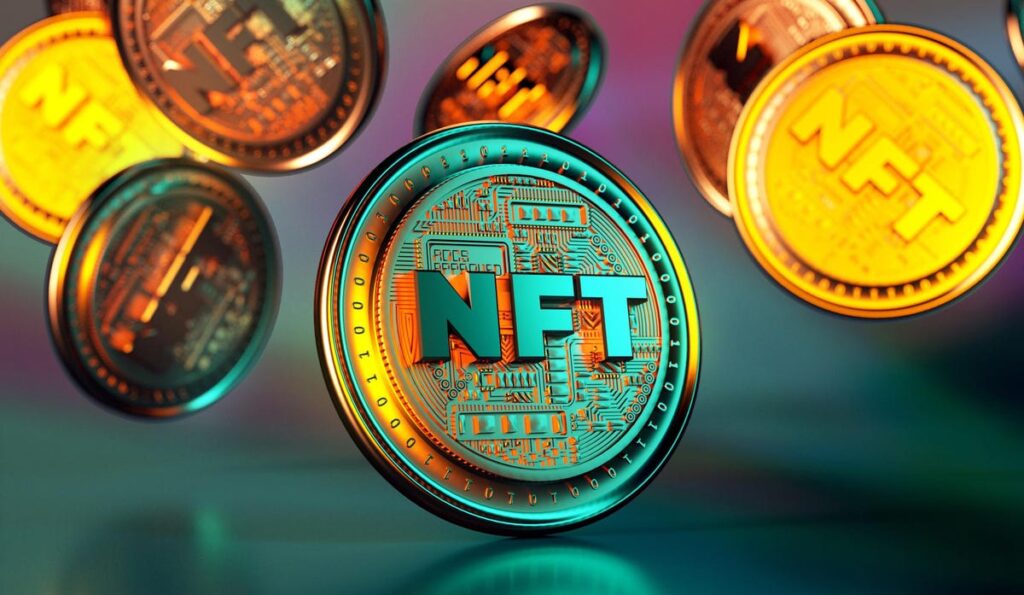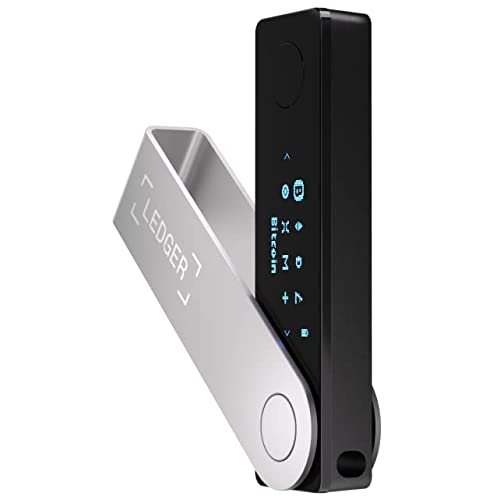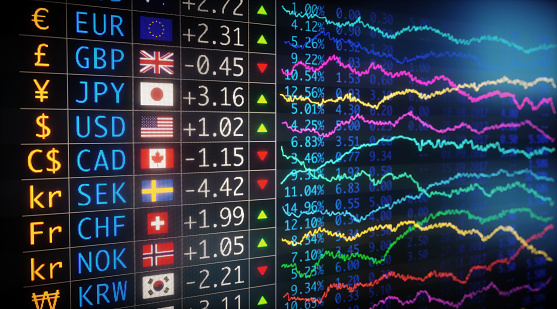How to spot and recover from NFT scam
The popularity of NFTs (non-fungible tokens), has skyrocketed over the past few years, with NFT art pieces now going for millions. NFT scams are an unfortunate, but a natural by-product, the result of the increasing interest. Financial prosperity breeds opportunities, but also issues.
NFTs are still new and the sector is not fully perfected. While blockchain enthusiasts consider them a thrilling indication that mainstream crypto adoption is on its way, NFTs create some rather lucrative prospects for scammers due to the amount of money exchanging hands in the crypto space.
In an interview, Georgio Constantinou, who develops and discovers crypto projects, said, “As more money flows into the metaverse, so do bad actors hoping to extract value at the expense of everyday crypto users”. Over the years cryptocurrency scams have been getting more sophisticated, and people have to be extra cautious in the decentralized ecosystem. There are various types of these scams and it is vital to learn how to spot them so you can avoid them.
Phishing scams and suspicious pop-ups
To purchase your first NFT, you will need to have a wallet that transacts on the Ethereum blockchain. MetaMask seems to be the most popular Ethereum wallet for NFT collectors. However, there was a phishing scam targeted at MetaMask users, involving a fake advertisement that asked users for their private key or 12 words seed phrases. Note, any form of interaction that asks for your private key is a huge red flag.
There are also malicious pop-ups functioning via Discord, Telegram, and other public forums that give targets a phishing URL that links to a cloned login page of MetaMask and other popular wallets. Once victims input their key phrase all their tokens and NFTs will be moved from their account.
Fake NFTs Stores – How To Spot NFT Scam

Scammers often clone popular NFT marketplaces, like OpenSea to sell fake NFTs Arts. This looks the same as the original one and deceives inexperienced NFT buyers into spending their money on fake artworks that in reality are worth nothing.
However, there are ways to recognize if you are in a fake NFTs store, firstly, it is important to do your research on the NFT you want to buy. It is common for fake NFT stores to list items for a ridiculously low price, an ApeGang NFT that is priced 20 ETH on OpenSea’s official website can be listed on a fake website for 1 ETH.
If you’re new to the NFT space or unsure of the actual worth of the NFT, you can be led into thinking you’re getting a good deal, when, in fact, you’ll be spending a few hundred dollars on a fake artwork. Just like everything in cybercriminal activities, anything that seems too good to be true probably is.
It is also important to know that fake NFT stores will host unverified buyers. On official stores, larger sellers will have a blue verification tick next to their usernames, like the ones you’d see on social media.
So, if you’re looking into buying a more expensive NFT, check that the seller is verified first. On top of this you can check the unique properties of the NFT you’re interested in. Fake NFTs won’t have any properties listed, while real NFTs will.
Customer Support Impersonation – How To Spot NFT Scam
Crypto scammers sometimes fake the customer support page of a legitimate NFT project to get sensitive information from unknowing NFT owners. This is popular on Discord. If you connect to this fake customer page instead of the real one, scammers can get enough information to steal all the NFTs in your wallet, pretending to fix whatever problem you may be having.
If you want to connect to the Discord server of a particular NFT project it is safer to go through the official website of the project instead of searching for the server on Google or Discord. You should also check how many followers the server as if you can’t access it this way, as it’s unlikely a fake server will have thousands of followers.
Outbidding scams
Bidding scams are popular in the secondary market. They occur when someone has already purchased an NFT and is looking to resell it most times for a higher price. Bidders may look to change the cryptocurrency used after you list your NFT sales. This is a red flag! Naturally, 5ETH won’t be the same as 5 BTC.
How to recover funds from NFT scam
You can hire a Recovery Expert from Recoveries Pro today. Recoveries Pro is an online market for various recovery experts, they help clients in tracking and recovering stolen or lost funds. To hire a Recovery expert, simply file a case on the website, and recovery personnel will contact you for further information.







